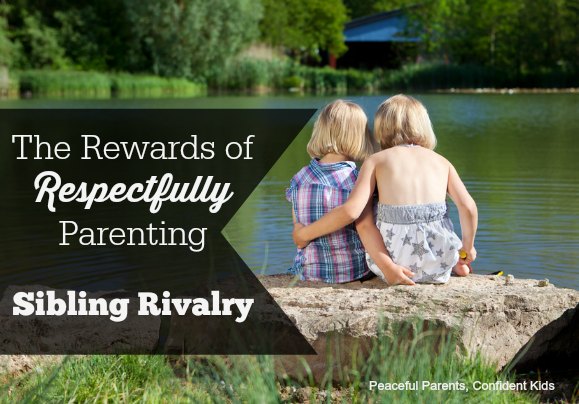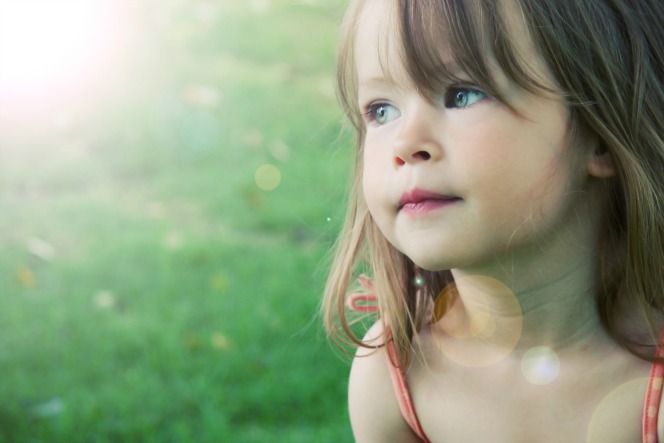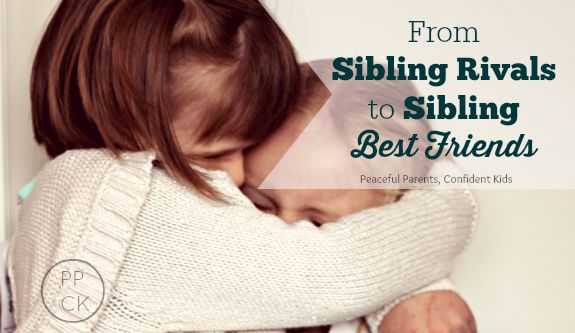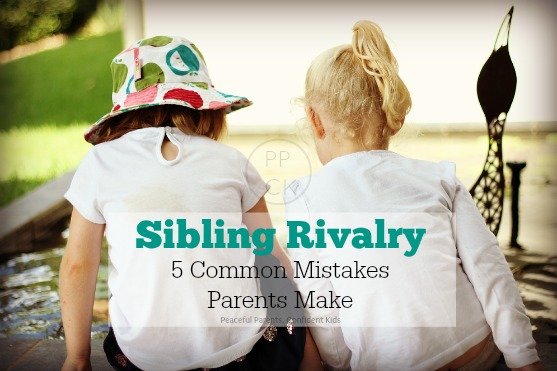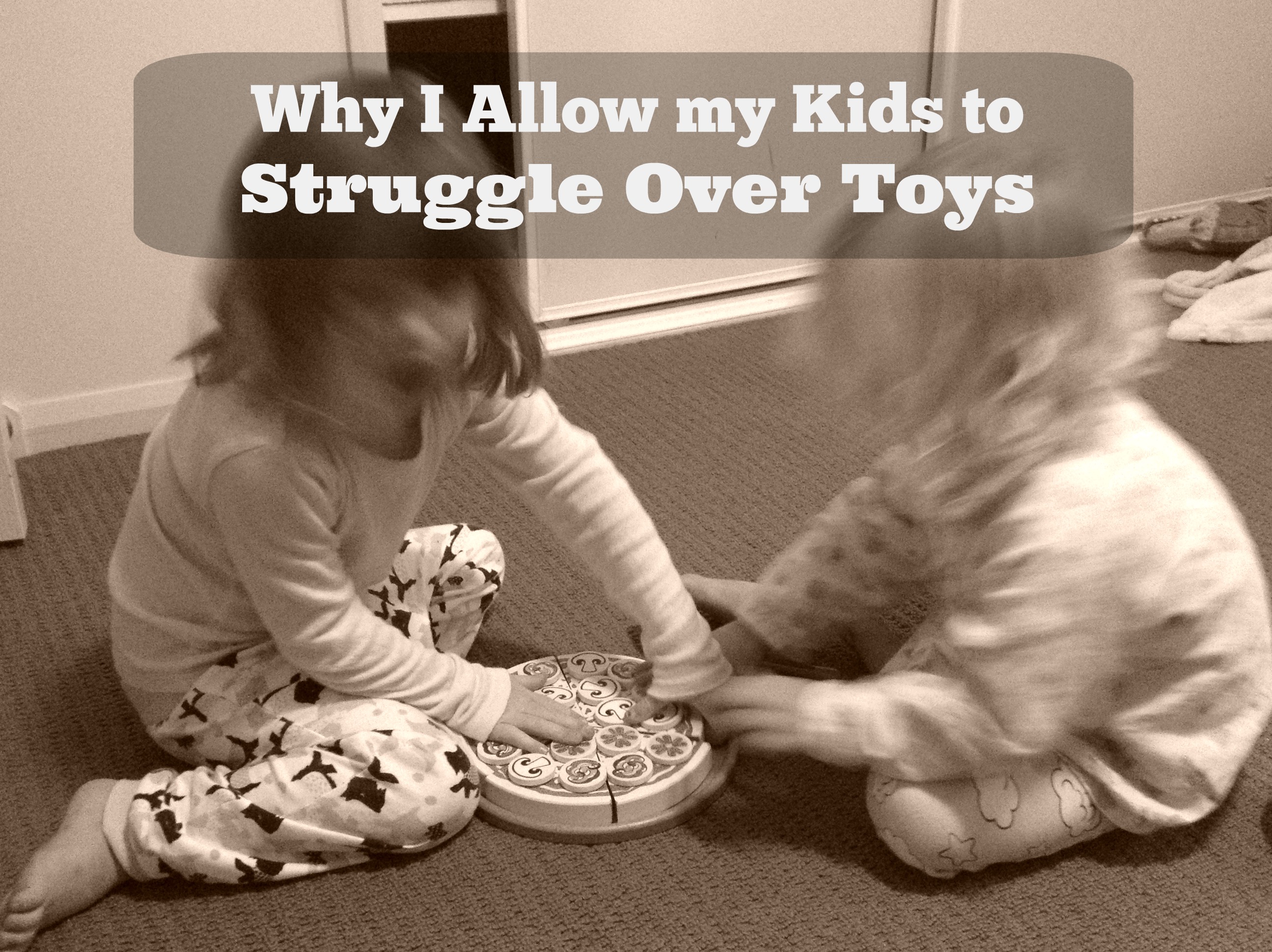It recently occurred to me that with the number of posts I write about the rivalry between my children, it might be easy to conclude that the respectful parenting methods I have adopted to help manage their rivalry over the years have been completely ineffective, otherwise, why would they still rival?
Category Archives: Sibling Rivalry
Respectful Parenting: Where I Was Going Wrong
Over the past three years I have made an extraordinary effort to become a respectful parent for the sake of my children. This style of parenting does not come naturally to me and I have certainly had my fair share of slip ups and regressions as I tried and failed to get it right. But I recently figured out where I was going wrong.
From Sibling Rivals to Sibling Best Friends
Do you wonder in despair whether your children will ever get along? Is it possible for children to shift from sibling rivals to sibling best friends? I believe it is. When we have trust and patience and then look very carefully, we will soon start to see evidence of the emerging bonds between our children as it ever so slowly blossoms and shines through between the storms.
Sibling Rivalry: 5 Common Mistakes Parents Make
It is completely natural for parents to want their children to get along. Who wouldn’t want their children to be best friends and to look out for each other when we are not there to do so? Sibling relationships are unique and special. They are unlike any other relationship we will have in our lives; however, by its very nature it is not always going to be the idyllic vision we had hoped. Sibling Rivalry, is always going to play a prominent part of most childhoods.
Resolving a Toy Fight With One Simple Phrase
We have been through our fair share of sibling toy fights with our daughters’ fiery personalities and close age gap. Thankfully, since following the wise advice of Janet Lansbury and the RIE parenting philosophy, we are now seeing less and less of these battles as our children are both developing in emotional maturity and have now had significant practice at working through conflict before it gets to the kind of all in brawls we have been used to in the past.
But what do you do as a parent when your children enter the ring for a wrestling match over a toy? Whilst it is important that they are given every opportunity to work through the conflict themselves, they do require parental presence and guidance to help keep them safe. Parental support will also give them the confidence to see the conflict through and find their own resolution. 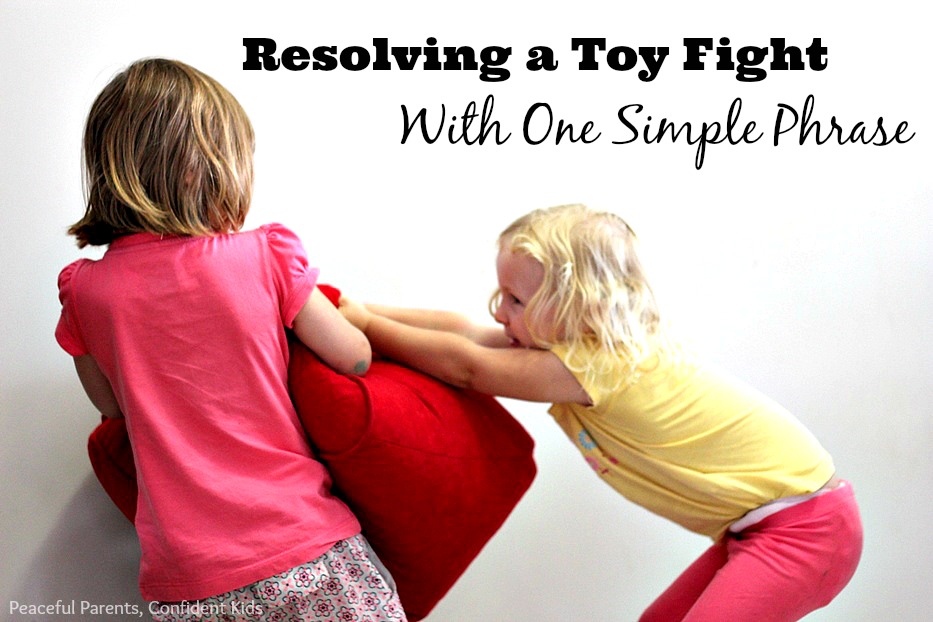
Continue reading
Supporting Assertiveness In Young Children: Helping Kids Learn to Stand up For Themselves
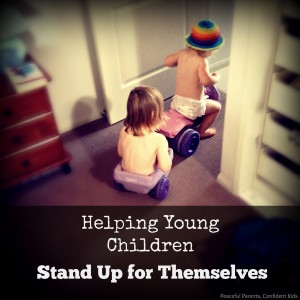 Sibling squabbles are a common occurrence in our house as I am sure they are in many other’s. I have posted relatively frequently on this topic in the past. You can read some of these posts here (Could NOT Forcing Toddlers to Share Help With Sharing Conflicts?) and here (7 Things I Should Know About Helping My Children to Share) and here (Why I Allow My Children to Struggle Over Toys).
Sibling squabbles are a common occurrence in our house as I am sure they are in many other’s. I have posted relatively frequently on this topic in the past. You can read some of these posts here (Could NOT Forcing Toddlers to Share Help With Sharing Conflicts?) and here (7 Things I Should Know About Helping My Children to Share) and here (Why I Allow My Children to Struggle Over Toys).
There is a common theme amongst my previous posts and that is that my eldest daughter (3.5 years) is quite often the one inflicting pain and misery on her younger sister (2.5 years).
I have learned better than to label my children as bullies or victims, however, and I work hard not to so much as even perceive either of my children in these roles. Doing away with the bully label was quite easy once I started viewing my eldest as a victim of her own unregulated impulses and strong emotions as well as recognising the difficulty she has always had in accepting her younger sister into the household. I have subsequently spent a great deal of time focused on helping her manage these emotions and ensuring she feels understood during her outbursts.
It has recently dawned on me, though, that my focus on this has limited my opportunities to help my youngest daughter develop the skills that could help her to stand up for herself during heated arguments and tussles. Continue reading
Interfering in Sibling Relationships Can Push Them Further Apart
Sibling relationships can be highly volatile but they can also be incredibly special. For many of us with multiple children, it is our dream that they will be best of mates, that they will care for one another, look out for one another and play happily together like all best friends do. The fact is, that at one point this was more than a dream for me, it was an expectation.
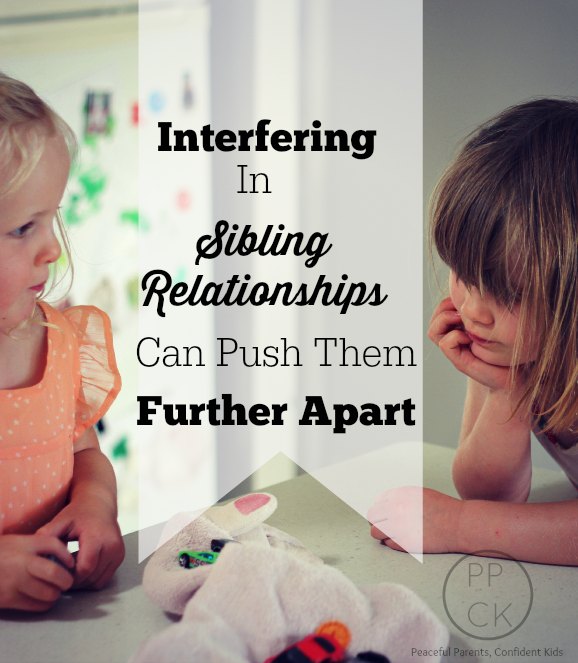
Why I Allow my Kids to Struggle Over Toys
My daughters have always had a rather volatile relationship. Born just 13 months apart and with polar opposite personalities, they have often struggled living their daily lives in each other’s company particularly when it comes to sharing toys.
In the beginning it was quite easy to get caught in the trap of seeing my eldest, Lucy, as the aggressor in many of their altercations (because, in reality, she was), leaving my youngest, Penny, with no choice but to be considered the victim, always having to be rescued by us.
Over time, and after learning about RIE and reading many expert articles cautioning against not only using these labels for children but also against even perceiving one child as the victim and the other as the perpetrator, we changed how we considered the children’s roles in these struggles. I have previously written about the importance of this shift in mindset and for the most part we have managed to remain neutral umpires during our children’s scuffles.
As the girls have gotten older and wiser, we have been able to enjoy more and more beautiful moments watching them play harmoniously together for extended periods of time. However, with their developing age, significant physical strength has emerged from both of them. Their previously lop-sided battles for toys that used to end quite quickly with Lucy gaining possession of the hot items, were now becoming a much more even contest involving far more drawn-out struggles.
With the drama surrounding these struggles, it can be easy, as parents, to want it ended quickly to restore peace in the house. It is tempting to step in and break up the fight, putting the toy away or giving it to its original owner. We made the decision quite some time ago to allow our children to work through these struggles in their entirety, stepping in only to prevent physical hurt from ensuing.
Tonight, for example, Penny (my 2.5 year old) was initiating a game of hide and seek, crawling under a table and calling out, “You can’t find me!” Whilst under the table she discovered a bead maze that her older sister had left there hours earlier. She picked it up and began playing with it whilst I proceeded to ‘try’ to find her. Hearing a game in progress, Lucy came racing in excitedly and dove under the table only to find Penny with ‘her’ toy.
Hide and seek quickly became a duel between the two as each staked their claim on the maze and fought furiously to defend it. As I crouched under the table beside them, blocking their attempts to grab each other’s hands to prize them off or push each other over, and sportscasting the event, I admired their tenacity and found myself appreciating the courage, strength and determination each of them displayed in this volatile situation.
I could see how healthy this battle was for their strength and resilience in the following ways.
It was loud. To remain assertive in a situation where someone is screaming at you from just centimetres away takes bravery.
It was physical. Gripping an item tightly for an extended period of time whilst someone struggles against you, pushing, pulling and occasionally swiping at you takes immeasurable strength and determination.
It was emotional. Feeling these emotions and conquering them takes resilience and it is liberating and empowering for young children to know they can survive these emotions and come back stronger.
It was authentic. After what seemed an eternity (probably one minute), one of the girls emerged with the item, leaving the other devastated and flailing on the floor. A short time later, that same child had picked herself up, dusted herself off and moved confidently onto a new toy. To feel genuine loss and grieve that loss only to rise again, finding contentment in another toy soon after, empowers them to cope with other forms of hurt, loss and grief they may experience in the future.
As I have come to terms with my children expressing their emotions freely after practicing Magda Gerber’s RIE parenting for nearly two years, I now feel confident to allow my girls the time and space they need to come to their own natural conclusions in their fights for a particular hot item. I am realising that despite the trauma they seem to be going through at the time, they are actually learning so many valuable skills during these scuffles. My interference would only rob them of the chance to grow from these altercations.
Toddler Toy Battles- Interventions that Work (Podcast) ~ Janet Lansbury (Janet Lansbury- Elevating Childcare)
5 Reasons to Love Conflict ~ Emily Plank – Abundant Life Children
7 Things I Should Know About Helping my Children to Share (From my Toddler Coach) Kate Russell (Peaceful Parents, Confident Kids)

